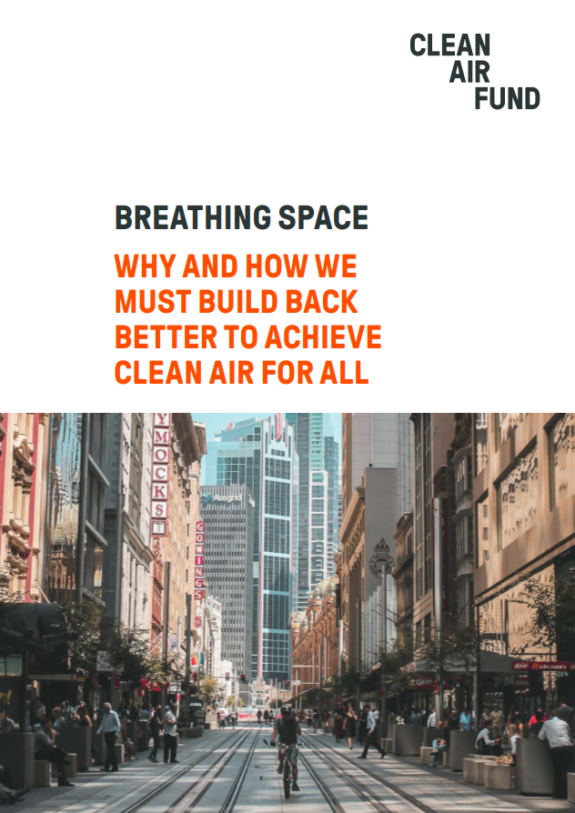
It reveals that at least two-thirds of citizens in Bulgaria, Great Britain, India, Nigeria and Poland support stricter laws and enforcement to tackle air pollution following the COVID-19 crisis. In Nigeria and India more than 90% of those surveyed wanted to see air quality improved in their area.
The report also highlights how dirty air has made millions vulnerable to the most severe impacts of COVID-19, resulting in more hospitalisations and deaths. This comes on top of the seven million premature deaths caused by air pollution every year, largely linked to strokes, heart disease, chronic obstructive pulmonary disease, lung cancer and acute respiratory infections. Air pollution particles can even act as carrier for the virus.
At the same time, air quality has improved near instantly as a result of decisive actions to protect public health through lockdowns. The briefing urges governments to use the unprecedented funds being committed to recovery packages to lock in some of these benefits. This would improve health, build resilience to future diseases, boost productivity, reduce health costs and help tackle climate change.
The report calls on leaders putting together recovery stimulus packages to:
- Develop and resource joint national health and environment strategies, with a specific focus on tackling air pollution.
- Make reducing air pollution a key element of economic stimulus packages.
- Support the repurposing of city streets for walking and cycling.
- Strengthen and enforce regulations to retain and build on the improvements in air quality experienced during the pandemic.
- Work with other governments to tackle transboundary pollution.